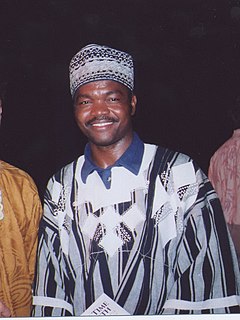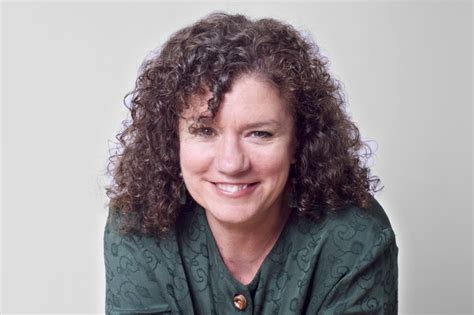A Quote by Confucius
If language is not rectified, words do not correspond to meaning, and if words do not correspond to meaning, our deeds cannot be accomplished.
Related Quotes
Words don't change their shape, they change their meaning, their function...They don't have a meaning of their own any more, they refer to other words that you don't know, that you've never read or heard...you've never seen their shape, but you feel...you suspect...they correspond to...an empty space inside you...or in the universe.
A definition is nothing else but an explication of the meaning of a word, by words whose meaning is already known. Hence it is evident that every word cannot be defined; for the definition must consist of words; and there could be no definition, if there were not words previously understood without definition.
There is something myopic and stunted in focussing only on the meaning of words and sentences. And this myopia is especially unfortunate when combined with a rather abstract view of a language as a set of elements and rules for combining these. For the result is to divorce enquiry into meaning from attention to the way words - and gestures, facial expressions, rituals and so on - are embedded in practices, in what Wittgenstein called 'the stream of life'.
Contemporary poetry ... tries to transform the sign back into meaning:
its ideal, ultimately, would be to reach not the meaning of words, but the
meaning of things themselves. This is why it clouds the language, increases
as much as it can the abstractness of the concept and the arbitrariness
of the sign and stretches to the limit the link between signifier and signified.
Men of the world who value the Way all turn to books. But books are nothing more than words. Words have value; what is of value in words is meaning. Meaning has something it is pursuing, but the thing that it is pursuing cannot be put into words and handed down. The world values words and hands down books but, though the world values them, I do not think them worth valuing. What the world takes to be values is not real value.
One listens to a piece of great music, say, and feels deeply moved by it, and wants to put this feeling into words, but it can't be put into words. That's what - the music has already supplied the meaning, and words will just be superfluous after that. But it's that kind of verbal meaning that can't be verbalized that I try to get at in poetry.
I'm very concerned with questions of language. This is what I think of when I think of myself as a writer: I'm someone who writes sentences and paragraphs. I think of the sentence - not only what it shares but, in a sense, what it looks like. I like to match words not only in a way that convey a meaning, possibly an indirect meaning, but even at times words that have a kind of visual correspondence.









































